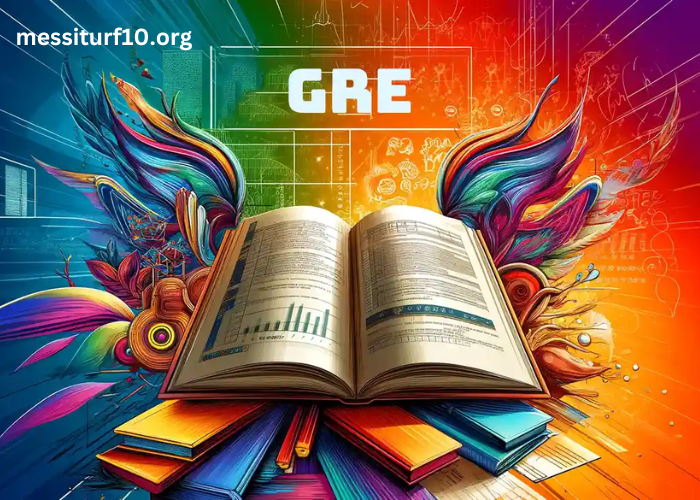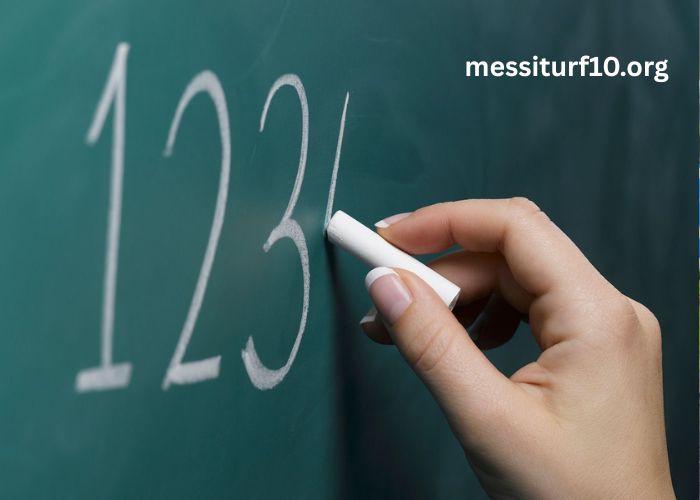A crucial first step for students hoping to go to graduate school, especially in the US and other foreign countries, is the Graduate Record Examination (GRE). The GRE evaluates a variety of abilities, and for many test-takers, the quantitative reasoning component is one of the most difficult. Strong problem-solving abilities as well as a firm grasp of important mathematical ideas are necessary for a good result in this part.
This article will guide you through the key GRE quantitative concepts every student should master who is looking to give the GRE online exam.
Understanding the GRE Quantitative Section
The GRE quantitative reasoning section is designed to assess a student’s ability to interpret and analyze quantitative information, solve problems using mathematical models, and apply elementary mathematical concepts. The section is a total of 47 minutes, the first section of 21 mins with 12 questions and the second section 26 mins with 15 questions. The types of questions in the quantitative section include:
- Quantitative Comparison Questions: These ask you to compare two quantities and determine which one is greater, if they are equal, or if the relationship cannot be determined.
- Multiple-Choice Questions: These questions require you to choose one correct answer from several choices.
- Multiple-Choice Questions (Multiple Answers): These questions may have more than one correct answer, and you need to select all the correct answers to earn full credit.
- Numeric Entry Questions: For these questions, you will need to enter your own answer in a text box, rather than selecting from provided options.
Key GRE Quantitative Concepts
Below we have curated a list of the most important key concepts that are needed to ace the GRE exam and if you are someone who requires a little guidance and help with mathematics, joining the GRE online preparation classes at a reliable place is your best option.
Arithmetic
Arithmetic forms the foundation of many GRE quantitative problems. You’ll need a good grasp of basic arithmetic operations—addition, subtraction, multiplication, and division. However, the GRE also tests more advanced arithmetic concepts, including:
- Properties of integers: Factors, multiples, divisibility rules, even/odd numbers, and prime numbers.
- Fractions and decimals: Operations with fractions, mixed numbers, and converting between fractions and decimals.
- Percentages: Calculating percentages, percentage increase/decrease, and percentage change.
- Ratios and proportions: Solving problems involving direct and inverse proportions.
Algebra
A large portion of the GRE quantitative section is composed of algebraic concepts. The ability to solve equations and manipulate algebraic expressions is crucial. Important subjects include:
- Linear equations and inequalities: Understanding how to solve for one or more variables, work with inequalities, and interpret solutions graphically.
- Quadratic equations: Factoring, using the quadratic formula, and solving by completing the square.
- Exponents and roots: Understanding the properties of exponents, simplifying expressions with roots, and solving exponential equations.
- Functions and their properties: Recognizing function notation, evaluating functions for specific inputs, and understanding inverse functions.
- Absolute value: Solving problems involving absolute values and interpreting absolute value inequalities.
Geometry
Geometry problems on the GRE Quantitative section require a clear understanding of both plane and solid geometry. Although you are not provided with a calculator for drawing or calculating angles, you must understand the fundamental properties of geometric shapes. Key topics include:
- Lines and angles: Parallel lines, transversals, complementary and supplementary angles, and properties of angles.
- Triangles: Types of triangles (equilateral, isosceles, right triangles), properties of similar and congruent triangles, and the Pythagorean theorem.
- Circles: Calculating the area and circumference of circles, arc length, and sector area.
- Polygons: Properties of quadrilaterals, parallelograms, rectangles, and trapezoids.
- Three-dimensional shapes: Understanding volume and surface area calculations for spheres, cylinders, cubes, and cones.
- Coordinate geometry: Plotting points, lines, and curves on the coordinate plane, and calculating the slope and intercepts of lines.
Data Analysis
Your ability to understand and evaluate data in a variety of formats, such as tables, charts, and graphs, is put to the test by data analysis problems. The interpretation of statistical data, such as probability, percentiles, and fundamental descriptive statistics, is emphasized in the GRE. Important subjects include:
- Statistics: Understanding mean, median, mode, and range; standard deviation; variance; and interpreting data distributions.
- Probability: Basic probability principles, combinations, permutations, and calculating the probability of independent and dependent events.
- Data interpretation: Analyzing bar graphs, line graphs, scatterplots, pie charts, and tables, and deriving insights from given data sets.
Word Problems
Word problems on the GRE require the ability to translate real-world scenarios into mathematical equations or expressions. These problems can cover a range of topics, including algebra, arithmetic, and geometry, but require careful reading and logical reasoning to set up and solve.
Introducing Jamboree India For GRE Online Preparation
When it comes to the GRE online exam, Jamboree India stands out as India’s leading institute for test preparation and study abroad guidance. Since 1993, Jamboree India has been helping students achieve outstanding GRE scores, with a focus on delivering high-quality coaching and personalized attention. Not a lot of places offer GRE prep courses that accommodate all kinds of learners, offering different modes to learn and prepare for the GRE exam. Jamboree India is the ideal partner to assist you in reaching your GRE objectives because of its more than thirty years of experience and reputation for creating top GRE scorers. Jamboree India has multiple modes of learning with the best faculty where you can prepare for the GRE online exam without having an imbalance in your life.
- GRE classroom training: Perfect for people who learn best in person, with peer interaction and professional assistance.
- GRE live online training: Enjoy the classroom experience from the comfort of your home with live, interactive online sessions.
- GRE self-paced online module: This option allows you to prepare at your own pace, with access to comprehensive study materials and video lessons.
- GRE private tutoring: Jamboree India provides individualized, one-on-one instruction for individuals who desire it.
Mastering the key GRE Quantitative concepts is essential for achieving a competitive score. By focusing on core topics like arithmetic, algebra, geometry, and data analysis, and seeking expert guidance from coaching institutes like Jamboree India, you can set yourself up for success on the GRE.





